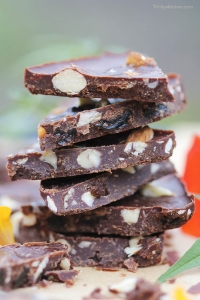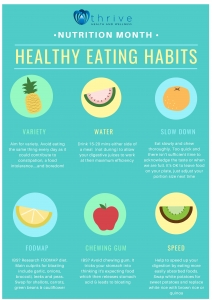 Are you feeling out of sorts, drained of energy, stuck in a rut, suffering with headaches or digestive grumbles and don’t know how to feel better? Are you also feeling confused and overwhelmed about all the different options?
Are you feeling out of sorts, drained of energy, stuck in a rut, suffering with headaches or digestive grumbles and don’t know how to feel better? Are you also feeling confused and overwhelmed about all the different options?
Believe me, I get it. I can relate to this both through personal experience of fatigue and IBS, and also through my years of experience as a kinesiologist and nutritionist. Clients come to me all the time trying out the latest thing or with bags full of nutritional supplements but not sure what’s actually working.
THINGS CAN BE BETTER! Imagine waking up every day with your energy tank restored, knowing your body is being fuelled correctly with the correct balance of vitamins and minerals to help you cope with your busy life.
I want to help you feel better LONG TERM. I am not offering you a quick fix but a simple, easy plan to start following with an initial 30 days. You will see the results both mental and physical.
We are looking at educating you, building healthier daily eating habits, understanding your body and what it’s trying to tell you.
This simple reset in 30 days can improve so many areas of your health:
- Increased energy and vitality
- A happier gut and a digestive system working better
- Radiant skin
- Improved quality sleep
- A better understanding of using food as healthy fuel
- Many people also experience weight loss
PERSONAL EXPERIENCE
I have completed this programme twice now, once because I was feeling out of sorts and a bit sluggish and overweight, and the second time because my body and hormones had been messed around by IVF drugs. Many of my clients have also enjoyed this programme, Sandra shared this with me:
“It was so simple to follow and I can’t belive how much more energised I felt. I also lost some of the weight which had been bothering me!”
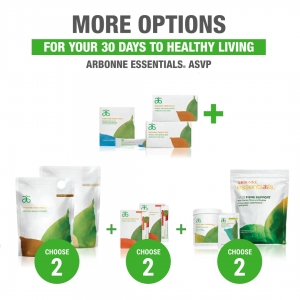 The 30 day programme (full name “30 Days To Healthy Living”) is an amazing programme to help you kick start your health journey. You will received daily recipes, knowledge and inspiration to keep you on track alongside meal plans and digestion boosting products.
The 30 day programme (full name “30 Days To Healthy Living”) is an amazing programme to help you kick start your health journey. You will received daily recipes, knowledge and inspiration to keep you on track alongside meal plans and digestion boosting products.
Our 30 day kit supports balanced nutrition with:
- Plant based protein for smoothies
- Fibre boost
- Herbal tea
- Energy fizzy sticks (caffeine free energy boosts with B vitamins, ginseng and guarana)
- Digestion enzymes for healthy gut (enzymes & probiotics)
- Body cleanse (detox support for the liver)
- Plus you have access to me all the time (well except when I’m sleeping!) to ask advice.
The next group starts on Mon 3rd Feb and new groups start every other Monday (although you can join at any time).
This week is prep-week so you will be guided to order you customised 30DTHL pack this week and start checking in with me about how to prepare and stock your fridge.
There is an online Facebook page packed full of info which I’m happy for you to have a look around before joining, just ask me and I’ll add you so you can check it out.
SAVE MONEY
RRP £384 but Preferred Client rate £230. This PC rate is available via an annual registration fee (usually £25 but reduced to just £10 in January) so 100% worth joining in January to save an additional £150!
Want to know more or have any questions? Just email me and we can chat further.

 IBS & FODMAP….aka embarrassing toilet and tummy situations!
IBS & FODMAP….aka embarrassing toilet and tummy situations!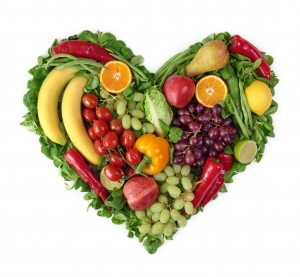 What foods can help or hinder?
What foods can help or hinder?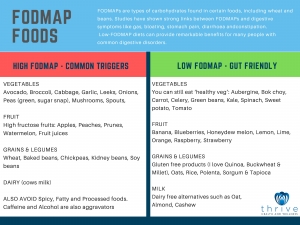
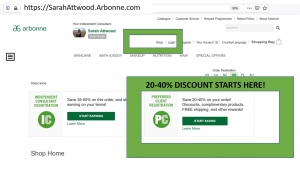 Save Money Bonus: you can also get 20% off all Arbonne products for a whole year just by registering as a ‘Preferred Client’ which is just £10 fee in January so totally worth it even for just 1 purchase. Just go to
Save Money Bonus: you can also get 20% off all Arbonne products for a whole year just by registering as a ‘Preferred Client’ which is just £10 fee in January so totally worth it even for just 1 purchase. Just go to 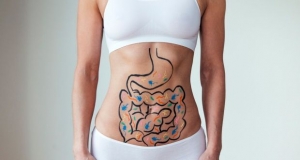 GUT HEALTH – why is it so important?
GUT HEALTH – why is it so important?